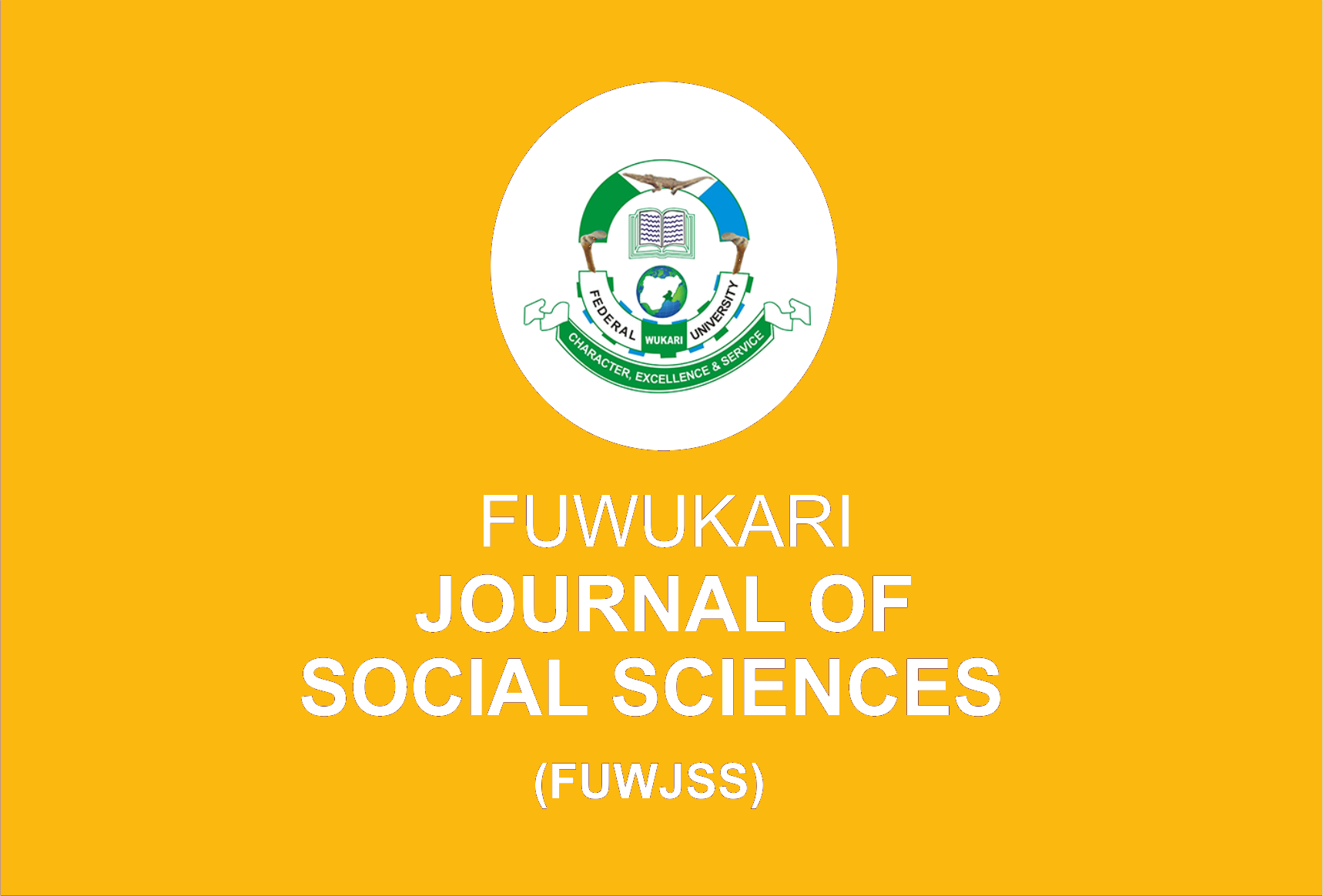Simulating Contemporaneous Effects Of Inflation And Exchange Rates On Economic Prosperity Path For Nigeria Using Evidence From Dynamic ARDL And KRLS Techniques
Samson Adeniyi Aladejare, Mohammed Auwal Musa
Keywords: Inflation, exchange rate; economic prosperity, DYNARDL, KRLS
Abstract
This study relied on a dataset from 1970 to 2020 to assess the contemporaneous shock effects from inflation and exchange rates for 20 years (2020 to 2040) on economic prosperity for Nigeria. Also, the short and long-term simultaneous impact of both variables with other complementary measures such as deficit financing, foreign investment, and financial development on economic prosperity were determined. Empirical inferences were derived by applying the novel DYNARDL and KRLS models, which enabled the response of economic prosperity to future counterfactual shocks in the inflation and exchange rate variables. It was observed that by maintaining an 18% annual shock to the inflation and exchange rate variables, inflationary shocks may have long-term beneficial effects, first, at an increasing and later at a decreasing rate on economic prosperity. However, the negative effect of exchange rate shocks will overwhelm inflation’s positive impact on future economic prosperity. Further results demonstrated that the inflation rate and deficit financing variables adversely impacted economic wealth in the short and long term. At the same time, the exchange rate and financial development only benefited economic prosperity in the long term. In contrast, foreign investment was reported to be prosperity-decelerating in the long term. The study recommends for the alignment of fiscal and monetary policy targets in order to effectively control inflation and exchange rates in Nigeria.
Author Biography
Samson Adeniyi Aladejare
Department of Economics, Federal University Wukari, Nigeria
E-mail: [email protected]
Mohammed Auwal Musa
Department of Economics, Federal University Wukari
E-mail: [email protected]

